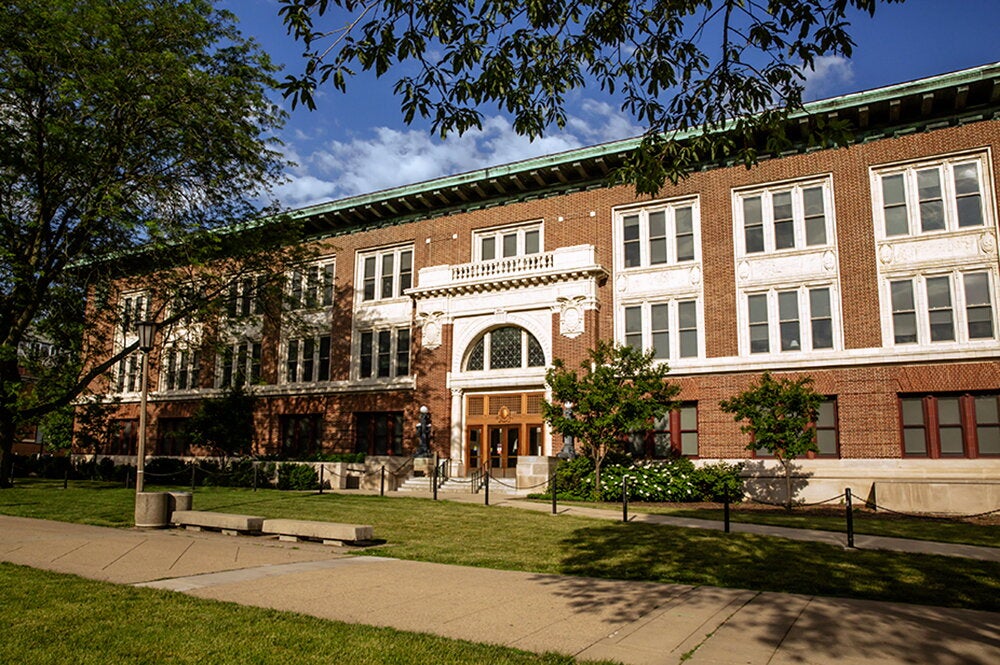
Pop-up ads are considered mostly minor online annoyances, but a growing number have infectious code behind them that invades the user's computer and has the potential to slow performance. This code is called "spyware" and has the ability to reset the main page of a Web browser, keep track of websites visited, and fill a screen with even more pop-ups.
Eric Howes, an English instructor in LAS who has recorded data on spyware growth for three years, says that the number of websites with spyware on the prowl has increased 10 percent in just a year and there are about 500 different types of spyware on the Internet.
Software exists to help combat spyware, and there are many websites that offer information on how to regain control of browser settings. Just be careful what you click on.


